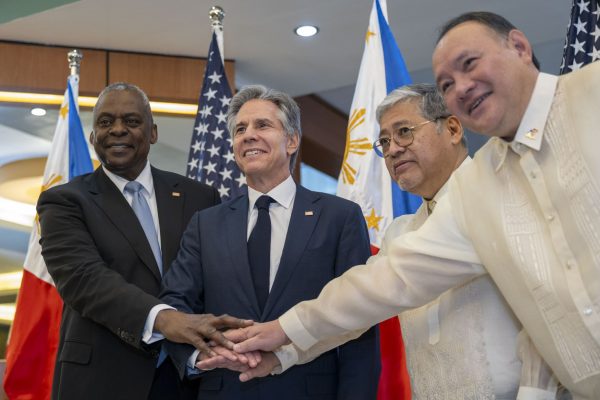

In a bid to bolster national security, the Philippine military is implementing stricter security measures and loyalty protocols to prevent data leaks, particularly in light of recent espionage incidents. This initiative follows the guilty plea of US Army Sergeant Korbein Schultz, who admitted to selling classified information to a foreign national linked to China. Schultz, 24, received at least 14 payments totaling $42,000 and is set to be sentenced on January 23, 2025 [5b664733].
Colonel Francel Margareth Padilla announced that the military is actively working on an intelligence-sharing agreement with the United States, with the goal of finalizing it by the end of 2024. This move is part of a broader strategy to enhance collaboration with US forces amid rising tensions with China [5b664733].
The Philippine government is also investigating allegations against journalist Zhang 'Steve' Song, who is suspected of being a Chinese agent. Jonathan Malaya from the National Security Council confirmed the presence of operatives from the Chinese Ministry of State Security within the Philippines, raising alarms about potential espionage activities [5b664733].
In response to these threats, former Supreme Court judge Antonio Carpio has called for an update to the country's anti-espionage laws to better address issues of treason during peacetime. The military is also taking proactive steps by raising personnel salaries and enhancing cybersecurity training to mitigate risks associated with espionage [5b664733].
This heightened focus on security comes at a crucial time as the Philippines continues to navigate its complex relationship with China, particularly in the context of territorial disputes in the South China Sea. The recent announcement of $500 million in military aid from the United States further underscores the importance of strengthening defense capabilities and intelligence operations in the region [d588985b].
As the Philippines seeks to fortify its defenses, the collaboration with the US and the implementation of new security protocols are seen as essential steps in safeguarding national interests against external threats [5b664733].